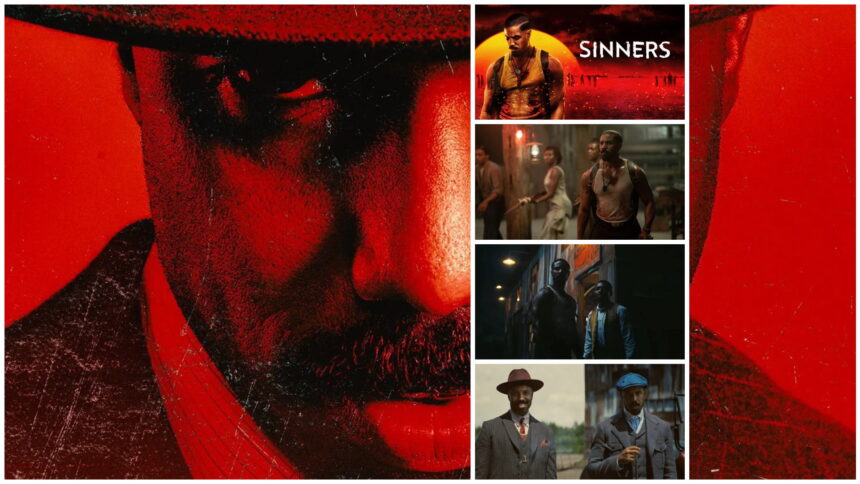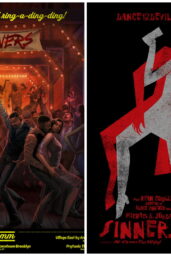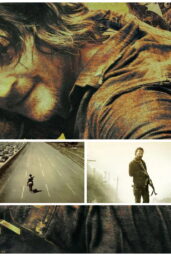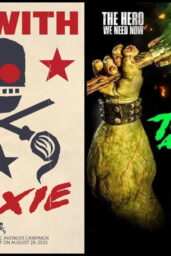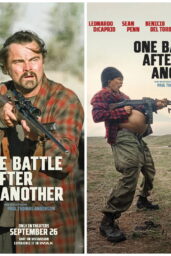Nothing About Sinners Is Clean—And That's Why It Matters
Ryan Coogler didn't just break the Hollywood mold with Sinners—he took a shotgun to it, lit a match, and danced in the ashes. It's messy. It's brilliant. It's a cinematic contradiction wrapped in blood-soaked symbolism and sweaty saxophones. You'll either love it or hate it. But you won't forget it.
Let's get something straight: Sinners isn't the sleek, Oscar-chasing prestige drama some critics are pretending it is. Nor is it the next evolution of horror. It's something far stranger—a genre hydra that refuses to sit still. At times, it's a Southern Gothic fever dream. At others, a juke-joint musical or a gangster redemption story. Then the vampires show up, and all bets are off.
So, why are people calling it a masterpiece? Because it feels like one. Even when it stumbles.
What the Critics Missed (Or Just Ignored)
Critics love a bold auteur narrative. “Finally, Coogler untethered from Marvel!” they cheer, like he just escaped a hostage situation. But Sinners isn't great because it's original—it's great because it dares to collapse under its own ambition. It risks narrative overload, tonal whiplash, and audience confusion—and somehow survives. Barely.
This isn't new. Remember Baz Luhrmann's Moulin Rouge!? Quentin Tarantino's From Dusk Till Dawn? Films that refused to choose a lane. Coogler's walking the same tightrope—just without a safety net.
“The most violent scenes—vampires draining life—transcend shock. They're metaphors for systemic exploitation.”
— Sinners Review, April 2025
He's not making a horror flick. He's making a statement. And yeah, sometimes it screams louder than it thinks.
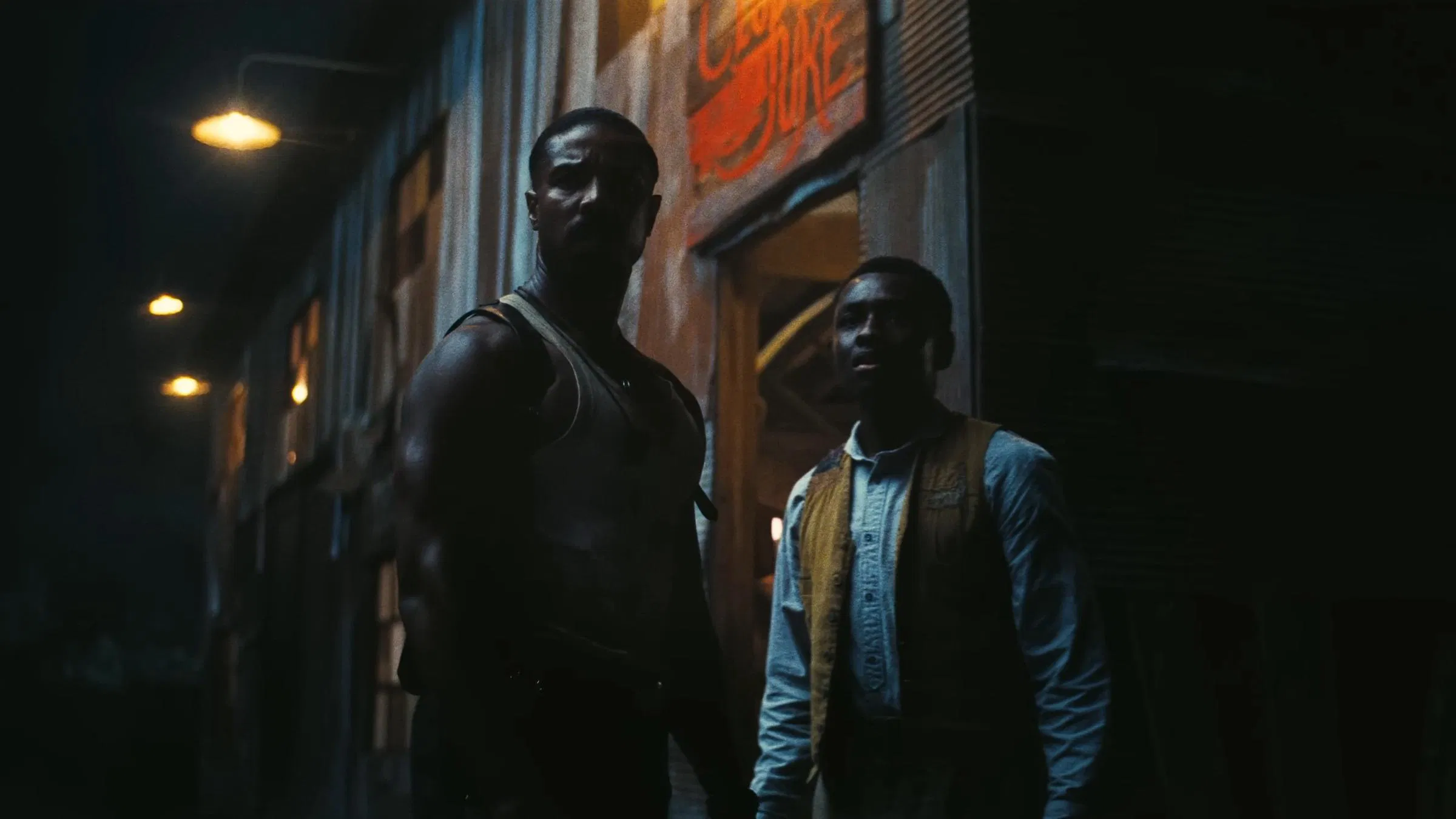
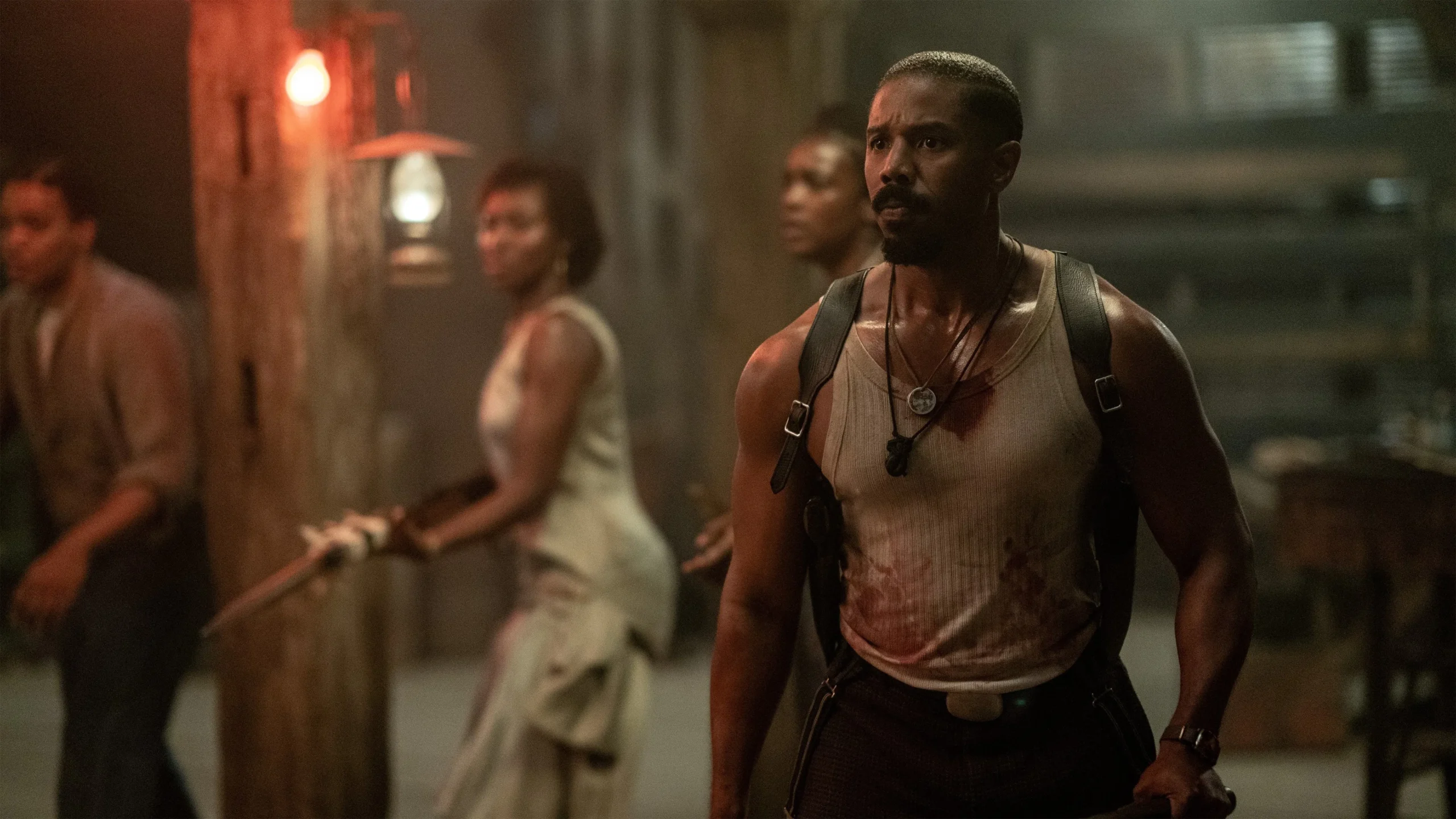
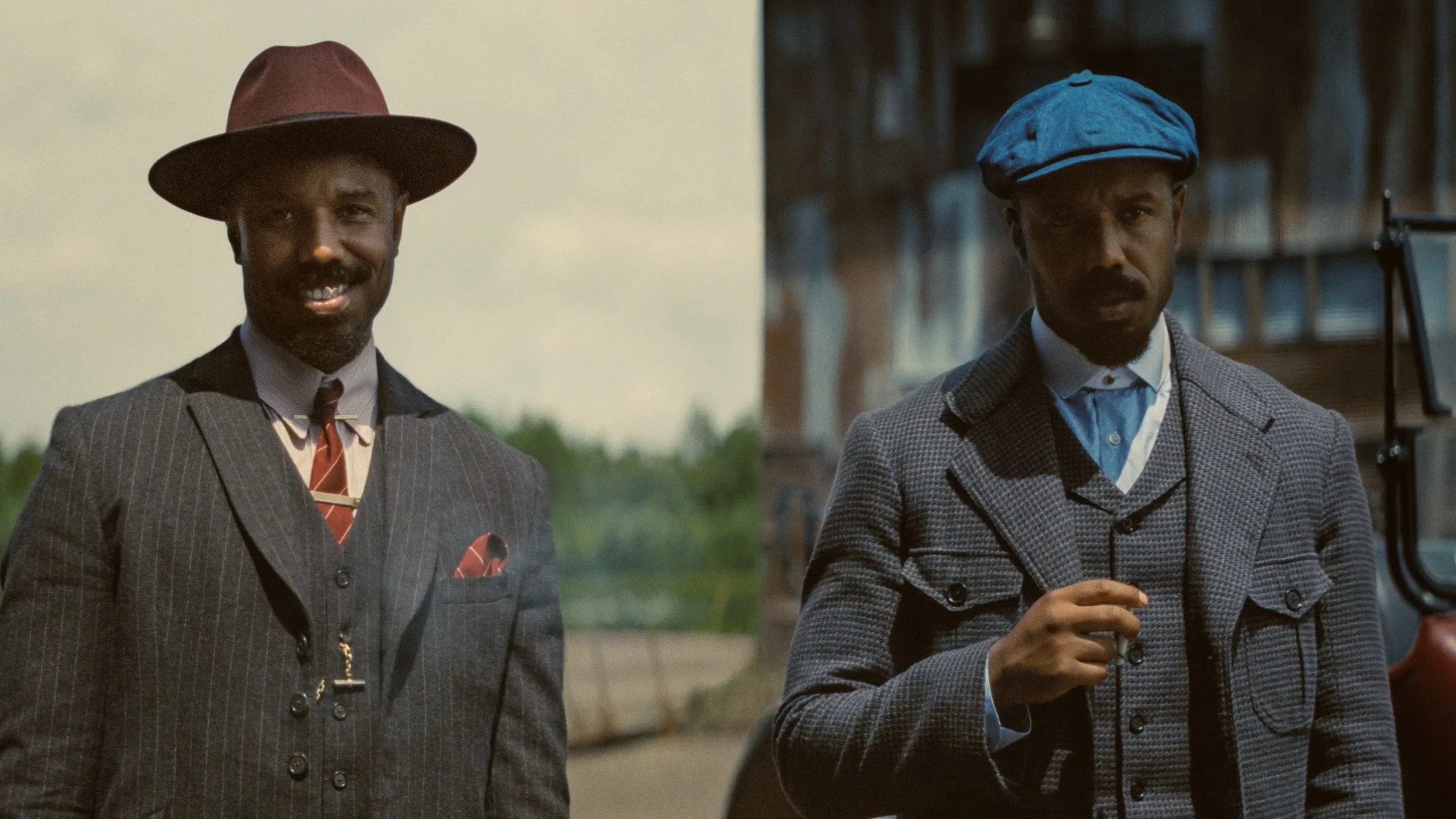
Historical Baggage and Bloodsuckers
Set in 1932 Mississippi—a time when real monsters wore uniforms, not fangs—Sinners weaponizes its period setting. Vampires aren't just villains. They're metaphors for systemic racism, colonial extraction, cultural theft. Sound overblown? Look again. These creatures don't just kill—they consume music, joy, legacy. They are, quite literally, whitewashed America feeding off Black brilliance.
And Coogler isn't subtle about it. One of the film's most haunting scenes shows a vampire slumped in a church pew, weeping as a gospel choir sings. It's chilling—because it's not fear you feel, it's recognition. That horror isn't foreign. It's familiar.
Compare this to Jordan Peele's Get Out or Ana Lily Amirpour's A Girl Walks Home Alone at Night—films where genre becomes a mirror. But where Peele sharpens his message like a scalpel, Coogler goes full sledgehammer.
The Art of Overreaching—and the Genius in the Mess
Let's talk craft. Autumn Durald Arkapaw's cinematography? Unhinged in the best way. Long takes weave through smoke-filled bars and lynching shadows like ghost stories told on a single breath. Ludwig Göransson's score? It doesn't support the film—it possesses it. You don't watch Sinners as much as you're dragged through it by your collar.
But even masterpieces have scars. The movie opens with a flash-forward that kills the suspense of Act III. The first 30 minutes meander. And yes, the final 20 minutes devolve into pulpy spectacle. But here's the uncomfortable truth: if you stripped all that away to “clean it up,” you'd lose the soul of the film.
“It's the kind of movie that looks like it has something to say—even when it doesn't.”
— Sinners Review, Sober Take
Maybe. Or maybe that's the point. Maybe Sinners isn't trying to say one thing. Maybe it's trying to reflect a community, a trauma, a legacy—through every genre it can grab with bloody fingers.
So, Is It Good? Or Just Loud?
That depends. Are you looking for coherence? You'll be frustrated. But if you want cinema—the kind that swings for the fences, breaks the bat, and keeps running anyway? You're in luck.
Coogler didn't just make a movie. He made a collision. Between style and soul. Between mythology and memory. And yes, between bloodsuckers and blues singers. It shouldn't work.
But somehow—it kinda does.
Would You Let This Film Bite You?
Your move. Sinners is streaming chaos, now in theaters. Watch it, fight it, write angry letters to the editor about it. Just don't ignore it.
Because this isn't just a movie.
It's a reckoning.

